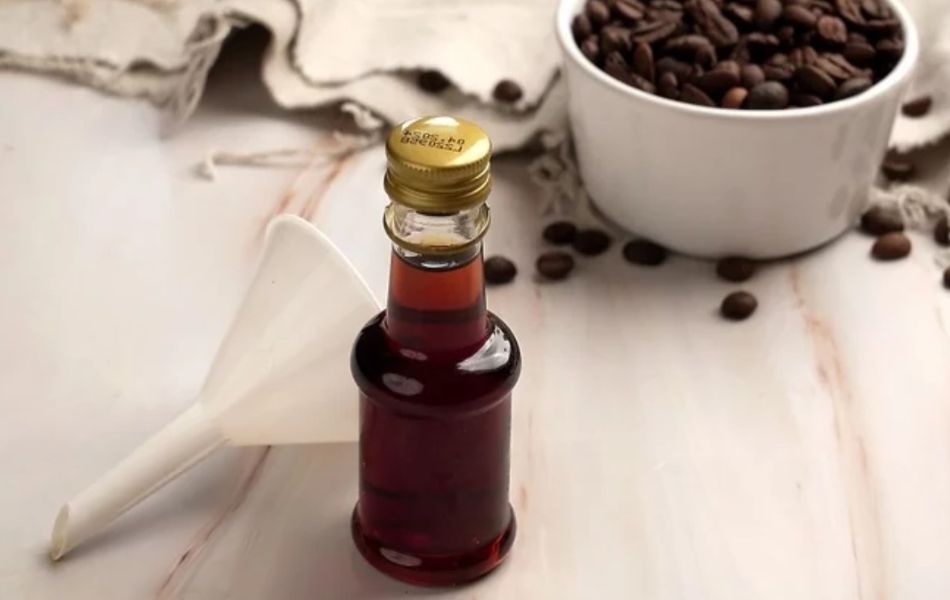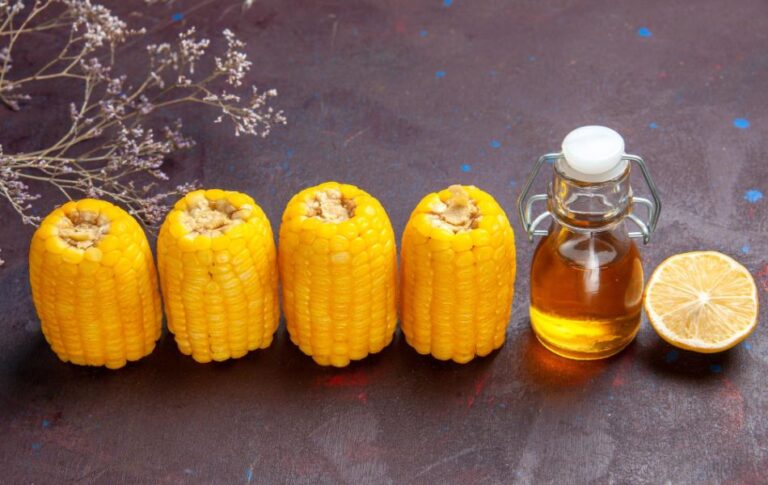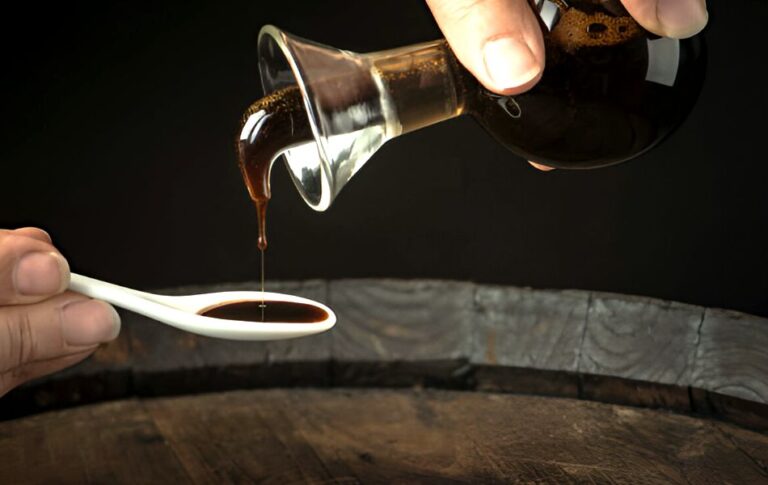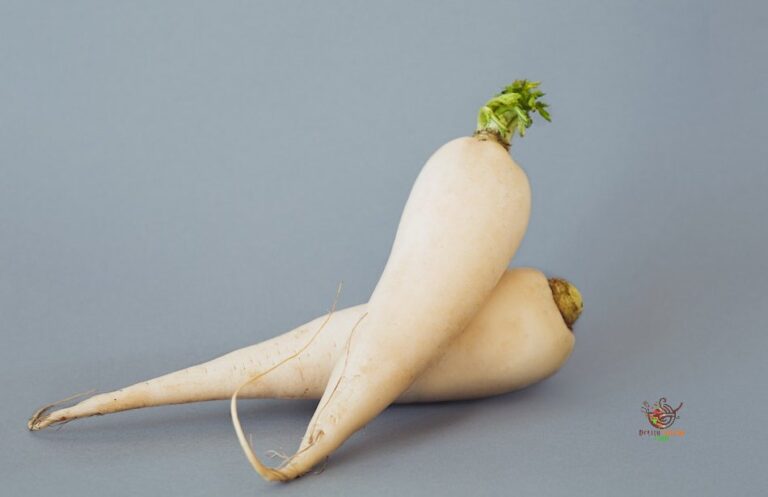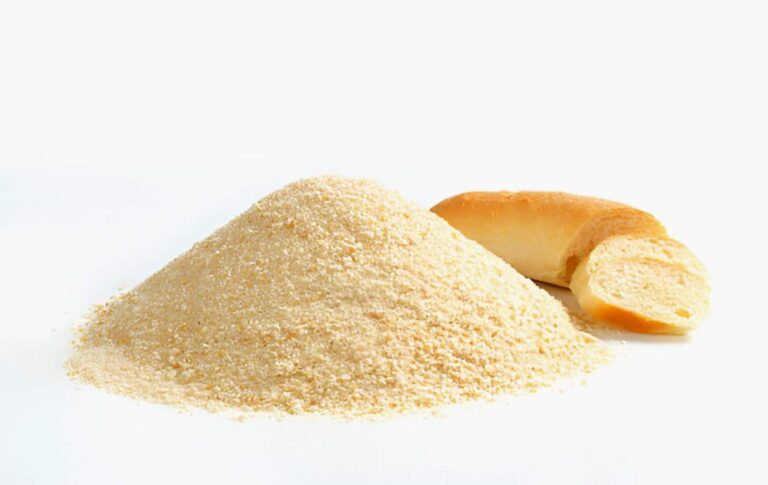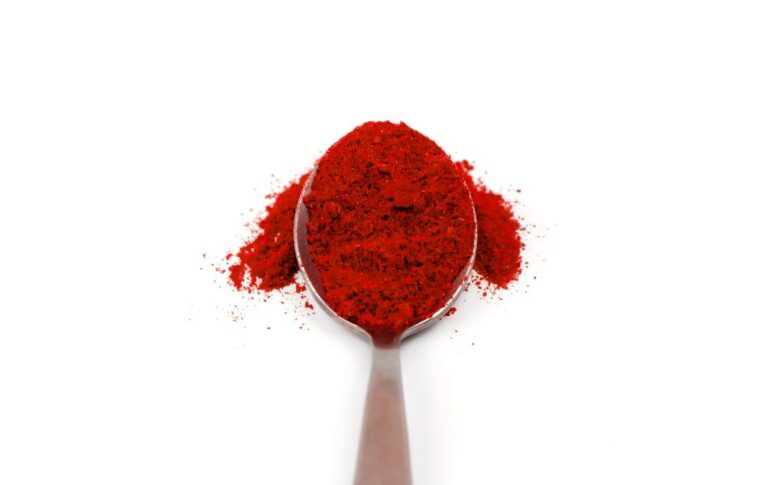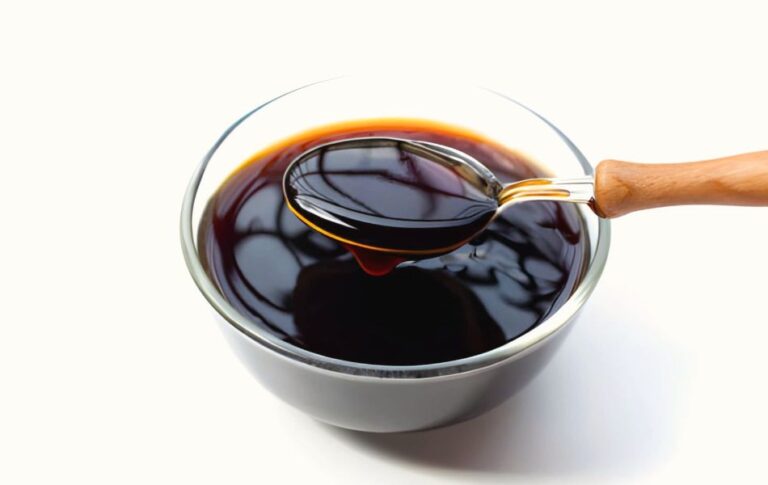Discover the Best Coffee Extract Alternatives for Delicious Recipes
Here’s the solution you’ve been searching for if you want to give your desserts or beverages a deeper coffee flavor without using conventional coffee extract. Whether it’s due to dietary needs or simply because coffee extract is hard to find, there are some great alternatives.
In this article, we’ll dive into the best substitutes for coffee extract that will enhance your recipes without sacrificing flavor.
What is Coffee Extract?
Coffee extract is a concentrated version of coffee that adds a deep, robust taste to various dishes. It’s made by brewing coffee beans and reducing the liquid to get a potent coffee essence. Think of it as the espresso shot of the cooking world – it delivers that familiar coffee punch without adding too much liquid. You’ll often find it in baked goods, desserts, and even some savory dishes where a hint of coffee flavor is desired.
How is Coffee Extract Made?
Making coffee extract is a detailed process. Coffee extract is made by soaking ground coffee beans in alcohol, usually ethanol, for a certain amount of time. This process helps pull out the rich flavors and aroma from the beans. After soaking, the mixture is strained to remove the solids, leaving behind a concentrated coffee liquid known as coffee extract.
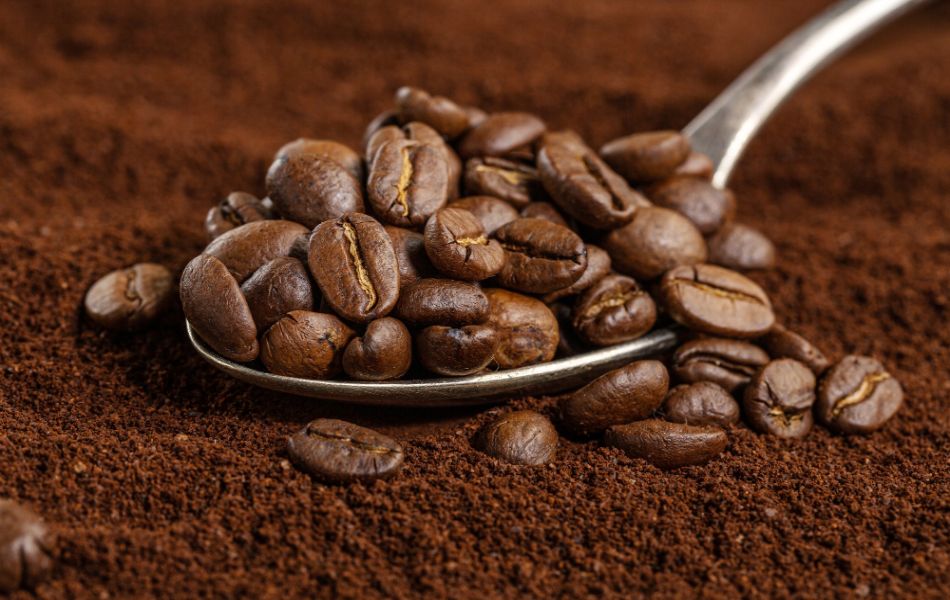
This extract can be refined further to remove any remaining impurities, resulting in a clean, intense coffee flavor ready for use in the kitchen. This extract can then be used in baking, cooking, or even added to drinks for a tasty coffee flavor without needing to brew a whole cup.
Why Might You Need a Coffee Extract Alternative?
Sometimes, using coffee extract isn’t the best option. Here are a few reasons why people might seek out alternatives:
- Alcohol Content: Many coffee extracts contain alcohol, which may not be suitable for everyone.
- Availability: It can be tricky to find coffee extract, especially in smaller towns or local stores.
- Caffeine Concerns: If you’re sensitive to caffeine or looking to cut back, you might want a caffeine-free alternative.
- Flavor Variety: Coffee extract substitutes can offer different flavors that add unique twists to your recipes.
- Avoiding Bitterness: Some people find brewed coffee too bitter, and coffee extract alternatives can help avoid that.
What to Consider When Choosing a Substitute
When picking a coffee extract alternative, think about a few things. First, consider the flavor you want. Some substitutes have rich, deep flavors, while others are milder or sweeter. Next, availability and cost – some substitutes might be easier to find or more budget-friendly than others. Finally, consider the purpose. Are you attempting to replicate the identical flavor of coffee, or are you only searching for a caffeine-free substitute?
Natural Coffee Extract Alternatives
Here are some natural substitutes that can bring that coffee-like flavor to your recipes:
1. Chicory Root
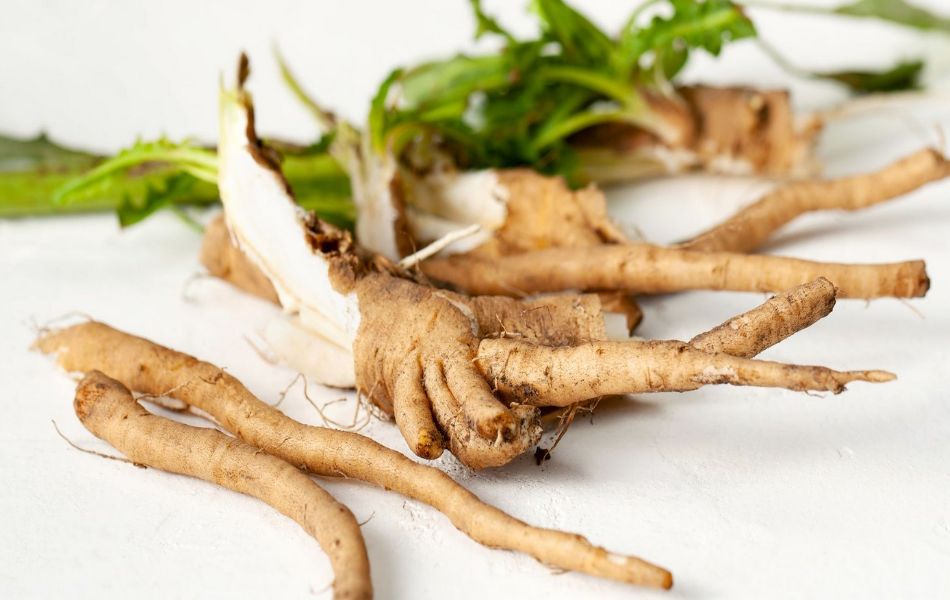
Chicory root is a classic coffee substitute. Its earthy taste and rich aroma have been used for centuries to mimic coffee. Because it has no caffeine, it’s ideal for people who want to avoid becoming buzzed. Plus, it’s known for health benefits like aiding digestion and supporting liver health. Whether you want to mix things up or cut out caffeine, chicory root offers a pleasant alternative.
2. Dandelion Root
Dandelion root offers a unique flavor similar to coffee. Its slightly bitter taste adds depth to drinks without the caffeine. Dandelion root is also thought to support liver function and help with digestion. It’s a fun option for anyone wanting to try something different while keeping that coffee vibe.
3. Roasted Barley
Roasted barley provides a deep, nutty flavor that can take your coffee substitute game to the next level. Toasting the barley gives it a slightly bitter, robust taste that can stand in for coffee in drinks and desserts. Brew it like coffee and enjoy the complex, earthy notes it brings to your recipes.
4. Carob Powder
Carob powder is a great option for those who want a naturally sweet, caffeine-free substitute. It comes from the pods of the carob tree and has a mild, nutty flavor. Its low acidity makes it gentle on the stomach, making it a choice for those with sensitivities. Carob powder is versatile, working well in baked goods or even as a hot drink.
5. Chaga Powder
Chaga powder is another natural coffee alternative that comes from mushrooms. While it might sound odd, Chaga has a surprisingly similar taste to coffee due to its earthy and slightly acidic profile. It’s perfect for baking. You can use it instead of instant espresso in cakes and muffins. Chaga also shines in smoothies and frozen desserts.
Practical Coffee Extract Substitutes
Looking for something more straightforward to use in the kitchen? Here are some great alternatives to coffee extract:
1. Instant Espresso Powder
Instant espresso powder is one of the best substitutes for coffee extract. It’s easy to find and delivers a concentrated coffee flavor without alcohol. You can use it directly in desserts or drinks. Mix it with a bit of water to make a paste for an intense flavor or add more water if you want something lighter.
2. Espresso-Vanilla Blend
Mixing espresso powder with vanilla extract can add a fantastic flavor to baked goods. This combo works wonders in desserts, enhancing the overall taste while keeping things simple.
3. Coffee and Sugar Syrup
If you prefer a homemade approach, try making coffee and sugar syrup. Simply make a powerful brew of coffee, stir in sugar, and let the mixture simmer until it becomes thick. Keep in mind that this syrup is far sweeter than coffee extract, but you may use it in a 1:1 ratio instead.
4. Prifa Coffee Tablets
Prifa coffee tablets are a convenient way to get that flavor without the hassle of finding coffee extract. These natural coffee bean pills are devoid of sugar, gluten, and genetically modified ingredients. They also give you a quick caffeine boost and are easy to use in drinks and desserts.
DIY Coffee Extract Recipe
Want to make your coffee extract at home? Here’s a simple method:
- Ingredients: You’ll need coffee beans and some alcohol (vodka works well).
- Preparation: Crack the coffee beans using a rolling pin or mortar and pestle. Place them in a jar and cover them with 3-4 times as much alcohol.
- Steeping: Seal the jar and store it in a dark place for 5-6 weeks. Shake it once a week to keep things moving.
- Finishing: After 6 weeks, strain the liquid into a dark bottle using a cheesecloth. Store it away from light and heat.
This homemade extract will add a rich coffee flavor to your recipes, and you can adjust the intensity to your liking. Plus, it can replace vanilla extract in chocolate-based recipes for an extra flavor boost.
See Also – Top Green Tea Substitutes for a Healthy Lifestyle
Frequently Asked Questions
Is coffee extract the same as brewed coffee?
No, coffee extract is much more concentrated than brewed coffee. It’s made by soaking beans in alcohol to pull out all the flavor and caffeine.
Can I make coffee extract without alcohol?
Yes, you can make a non-alcoholic version using water and food-grade glycerin instead of alcohol.
Can instant coffee replace espresso powder?
Instant coffee can work, but it’s usually less intense than espresso powder, so your recipes might have a milder flavor.

